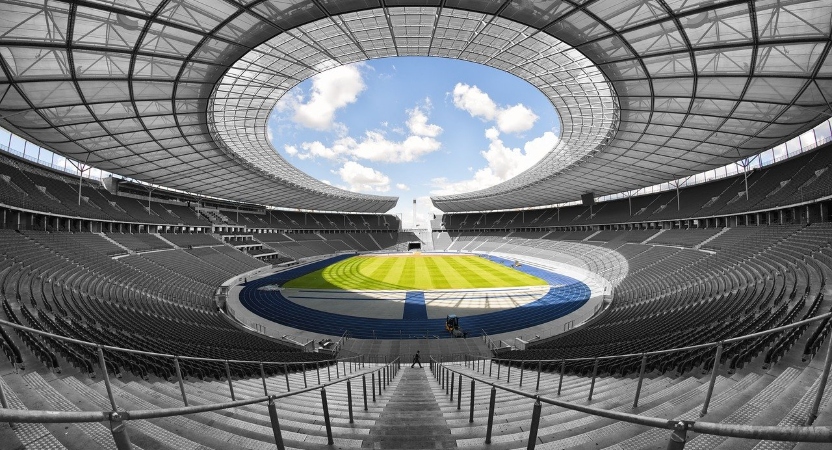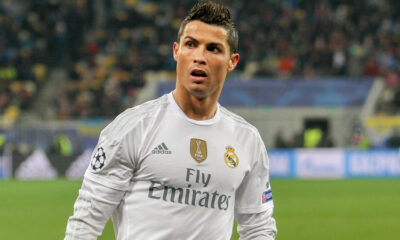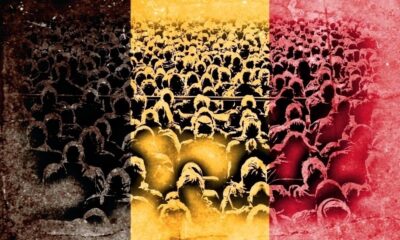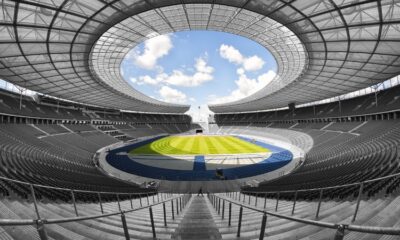Football
The story of the Olympic Stadium in Berlin, which has hosted the Olympic Games, the World Cup, the Champions League final and the World Athletics Championships
Few stadiums in the world can boast that they have hosted the Olympic Games, the World Cup, the Champions League finals, the World Athletics Championships and concerts by world-class bands.

Few stadiums in the world can boast that they have hosted the Olympic Games, the World Cup, the Champions League finals, the World Athletics Championships and concerts by world-class bands. What is the story of the Olympic Stadium in Berlin and what has been seen there?
When the IOC selected Berlin to host the 11th Summer Olympics in 1931, the government of the day decided to renovate the former Olympic Stadium, which was to host the 1916 Olympic Games, which were eventually cancelled due to World War I.
In 1933, the Nazis came to power again and Adolf Hitler ordered the construction of a new large sports complex with a completely new Olympic stadium. Its capacity reached 110,000 spectators.
During World War II, several battles took place in the vicinity of the stadium. However, the stadium survived the war almost intact, suffering only the impact of machine gun fire. The only part that was destroyed was the bell tower. The tower was demolished, but the bell was saved and today serves as a memorial.
In 2004 a major renovation took place. The stadium was converted into a multi-purpose arena. The roof was extended and the athletics track was changed to blue, reflecting the colours of the home club Hertha BSC. The Olympic Stadium was equipped with the latest technology in lighting and sound.
In order to preserve the stadium as a historical monument, blocks of natural stone were retained. The new stadium has a permanent capacity of 74,475 seats. For some football matches, such as those between Hertha BSC and FC Bayern Munich, the capacity can be temporarily expanded to 76,197 seats with a mobile stand above the Marathon Arch.
The 1936 Olympic Games were therefore the first major event. It was the first Olympics to be televised and radio broadcast in 28 languages. One of the most memorable events was the performance of American athlete Jesse Owens, who won 4 gold medals (100m, 200m, long jump and 4x100m relay).
Other major events that took place at the Olympic Stadium included:
1974 – FIFA World Cup – 3 matches in the group stage
2006 – World Cup – 4 group matches, quarter-finals and final match Italy – France 1-1 (5-3 on penalties)
2009 – World Athletics Championships (among other things, Usain Bolt’s world records in the 100 and 200m still unbroken)
2011 – Women’s World Cup – opening match Germany – Canada (2-1)
2015 UEFA Champions League final between Juventus and Barcelona (1-3)
Since the early 1990s, the stadium has also been used for concerts and festivals. Some of the most famous performers include the Rolling Stones, U2, Michael Jackson, Tina Turner, Robbie Willams, Genesis, Madonna, Depeche Mode, AC/DC, Bruce Springsteen, Coldplay, Beyoncé, Ed Sheeran, Phil Collins, Rammstein, Metallica and Pink.
Source:: Wikipedia












